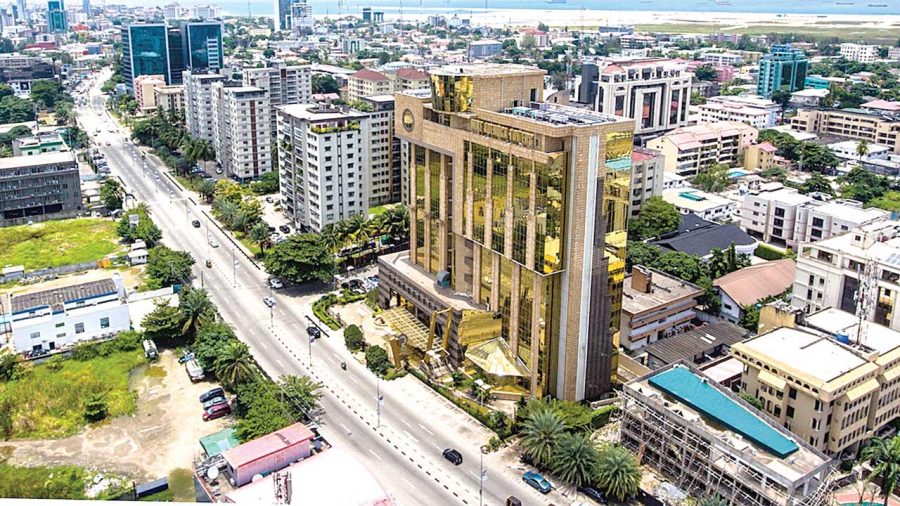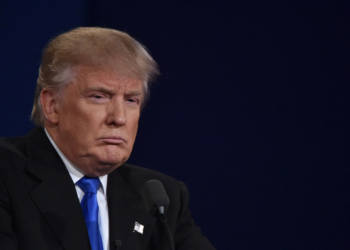The Nigerian Government has been advised to review the country’s tax incentive policy, which currently costs the country huge revenue loss. This call was made on Wednesday by OXFAM, an International Non-Governmental Organization.
While speaking in Abuja at the public presentation of the Fair Tax Monitor Index Report, OXFAM’s country’s director, Mr. Constant Tchona, disclosed that the tax incentives Nigeria grants to stimulate investments in the country had been completely eroded by lack of transparency and poor governance, stating that there was no cost-benefit analysis to justify the exemptions.
Further details: Speaking further, Tchona stated that the process for granting tax incentives in line with fair taxation should involve mandatory parliamentary oversight, distinct requirements for incentives and review of expected results periodically.
“The National Assembly should enact a law that will criminalize the actions of banks, auditors, accountants and lawyers that facilitate illicit financial flows. When such professionals act contrary to existing regulations, they should be held accountable in Nigeria. This can be enforced through strengthened professional association bodies.
“There is also a need for the Nigerian government to fast-forward action on the new National Tax Policy and clamp down on corporate crimes.”
[READ: Lagos State Internal Revenue Service may start using BVN to collect taxes]
The amount lost: An earlier report released by the organization revealed that Nigeria lost about N580 billion annually to multinationals, owing to the inefficiency of Nigeria’s tax incentives. According to OXFAM, foreign investors do not make tax incentives a priority, but rather prioritize education, infrastructure, and an excellent workforce.
- Speaking on Value-Added Taxes for small businesses, Tchona reiterated that the government is supposed to make gender-friendly tax laws which are more equitable to women as drivers of micro and small businesses in the nation.
- The OXFAM director further stated that Value-Added Tax (VAT) should be made progressive through charging more for luxury goods than service items, stating that it would be helpful in reducing wealth inequality in the country.

Bottom line: Basically, Nigeria has various tax incentives intended to encourage investment in key sectors of the economy. These include Tax holidays, Rural location incentives, Export incentives, Export Expansion Grant (EEG) Scheme, Gas utilisation incentives, Tourism incentives, Foreign tax credit and so on.
- Related developments, including a report of the Federal Inland Revenue Service (FIRS) revealed that about 30% of firms operating in Nigeria were involved in tax evasion, while 25% of registered companies were not paying tax in Nigeria.
- In this light, OXFAM believes that if a more progressive tax system is established as earlier stated, it will enable the government to deliver more essential services to boost the economy.
[READ FURTHER: Withholding Tax: Beginners’ Guide For Small Businesses in Nigeria]























